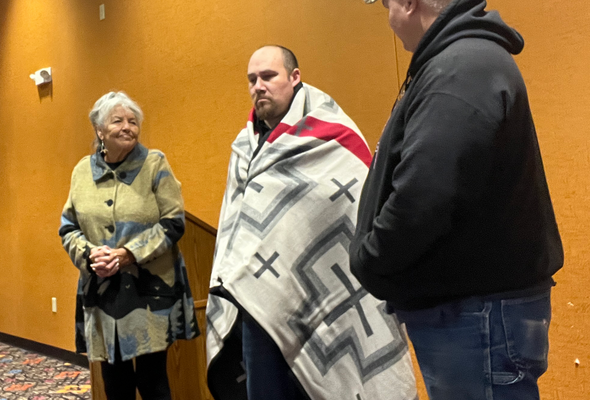Federal investments pour in as rural electric cooperatives plan for a future reliant on clean energy
The federal government announced earlier this year the availability of nearly $11 billion in grants and loan opportunities that will help rural energy and utility providers bring affordable, reliable clean energy to their communities across the country.
The basic concept of the plan is that cleaner energy provides rural communities with an affordable and reliable power grid, while supporting thousands of new jobs and helping lower energy costs in the future, according to federal officials.
Agriculture Secretary Tom Vilsack said the massive investments will also combat climate change and significantly reduce air and water pollution that put children’s health at risk.
“The U.S. Department of Agriculture stands ready to partner with municipalities, tribal entities, entrepreneurs, rural electric cooperatives and other utilities to see this transformative investment come to life and create new economic growth and healthier communities,” Vilsack said.
So what does this mean in Cook County?
It depends who you ask.
WTIP’s Joe Friedrichs spoke with John Twiest, the CEO and general manager of Arrowhead Electric Cooperative, about the transition to clean energy nationwide, which includes both state and federal mandates to do so.
Earlier this year, Gov. Tim Walz signed a bill requiring electric utilities across Minnesota to offer customers 100 percent carbon-free electricity by 2040.
Though it could be more than 15 years before members of Arrowhead Electric Cooperative in Cook County see an increase in their electric bills, the new law will likely have some impact on local power bills in the future, according to Twiest.
“The reality of the situation is that we won’t see anything immediate,” Twiest said. “But by 2040, we’re anticipating some increase in those bills just based on what is going to be required as a result of the bill and the 100 percent carbon free standard that’s been signed into law.”
Under the bill, utilities would need to increase the amount of their retail electric sales generated from renewable energy sources — wind or solar — to 55 percent by 2035.
They would also be required to have 80 percent of their electricity from carbon-free sources by 2030, increasing to 100 percent by 2040.
Great River Energy, the parent company of Arrowhead Electric Cooperative in Lutsen, is in a good position to make the transition to 80 percent by 2030, Twiest said. The next 20 percent, he said, could be more challenging. It will also be more expensive.
For more details on the federal investments being made to transition the nation to renewable energy, Friedrichs also spoke with Andy Berke, the administrator of the Rural Utilities Service at the U.S. Department of Agriculture.
Listen to the audio below to hear the full report with Twiest and Berke.














